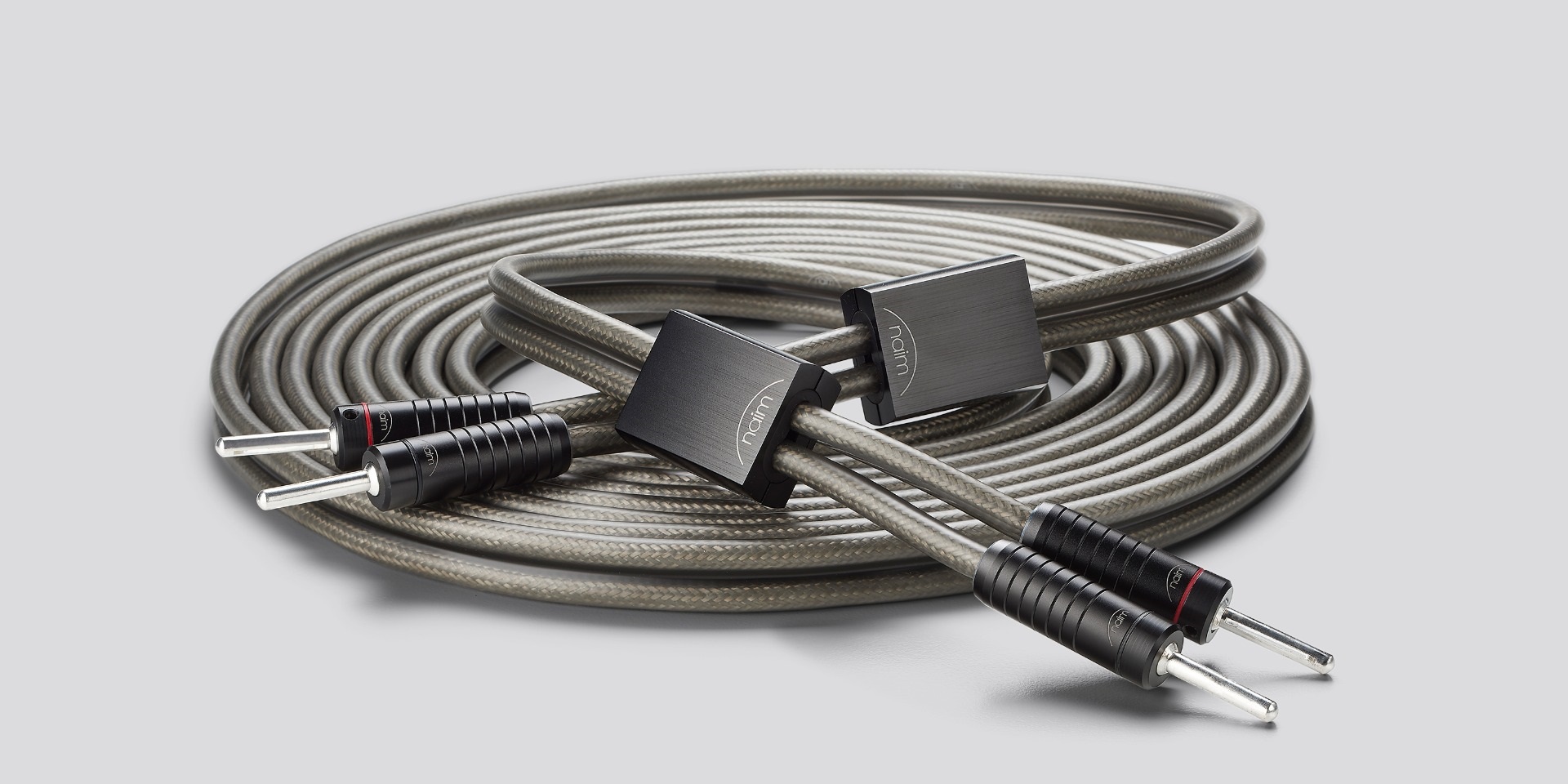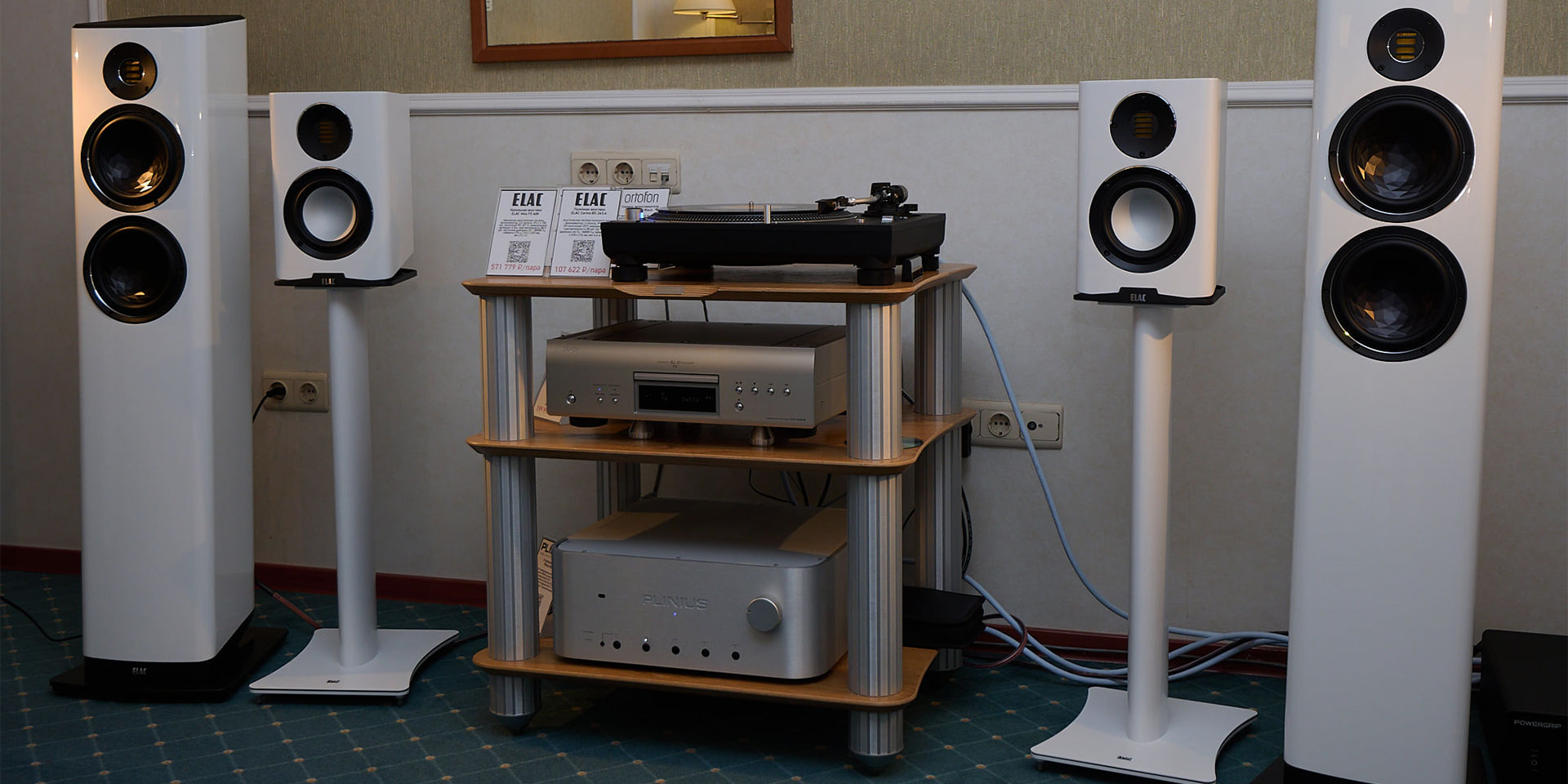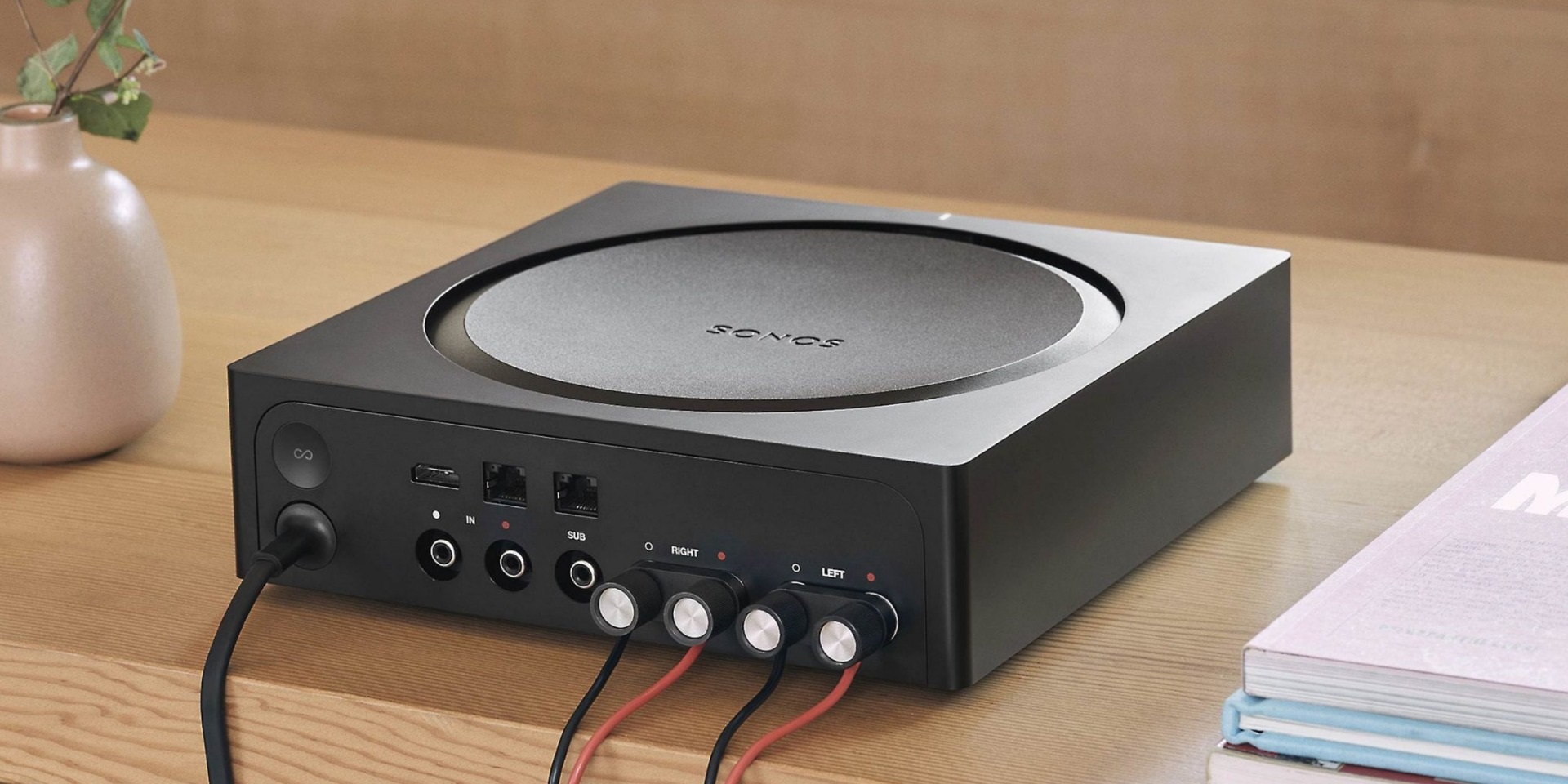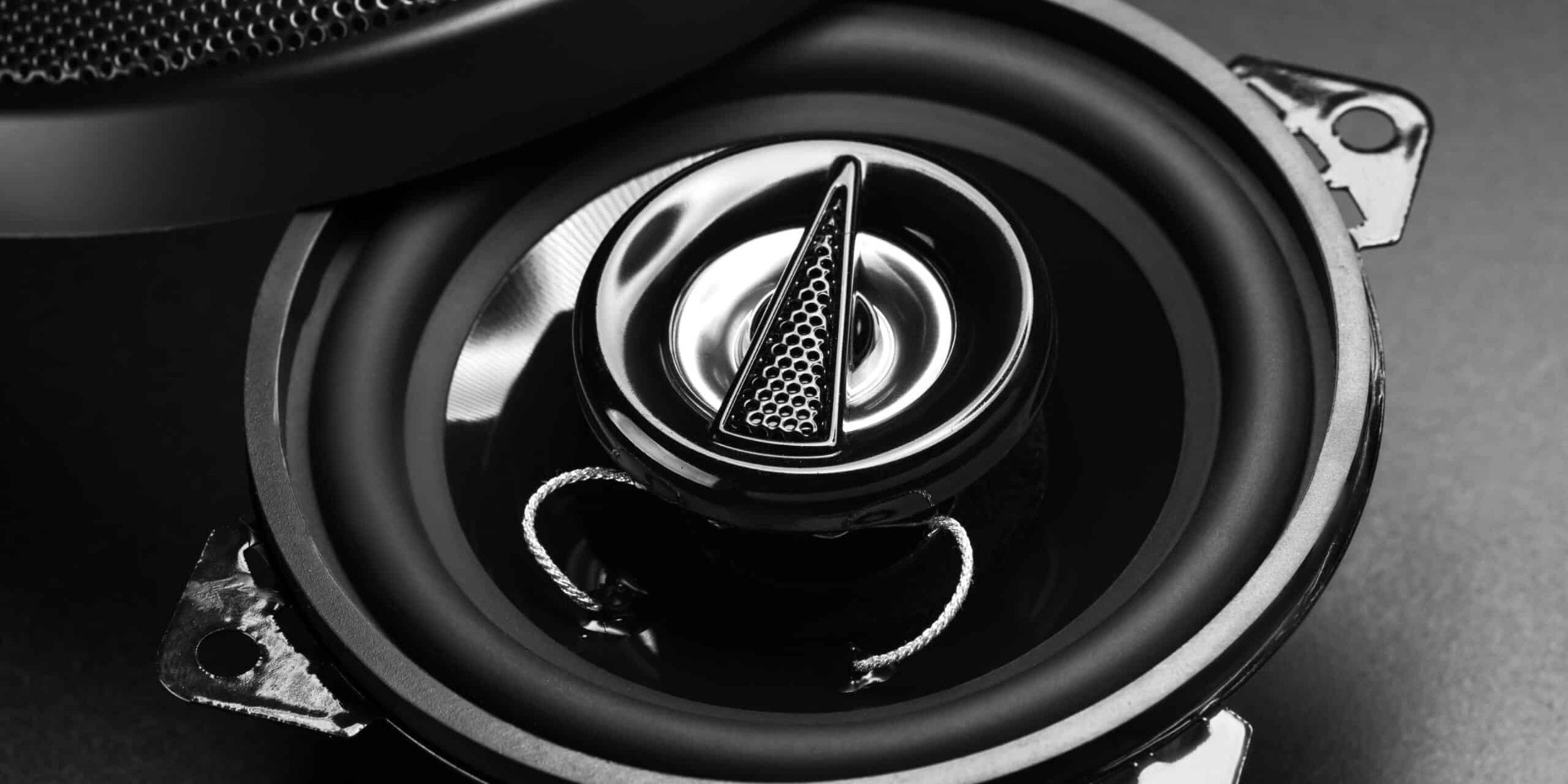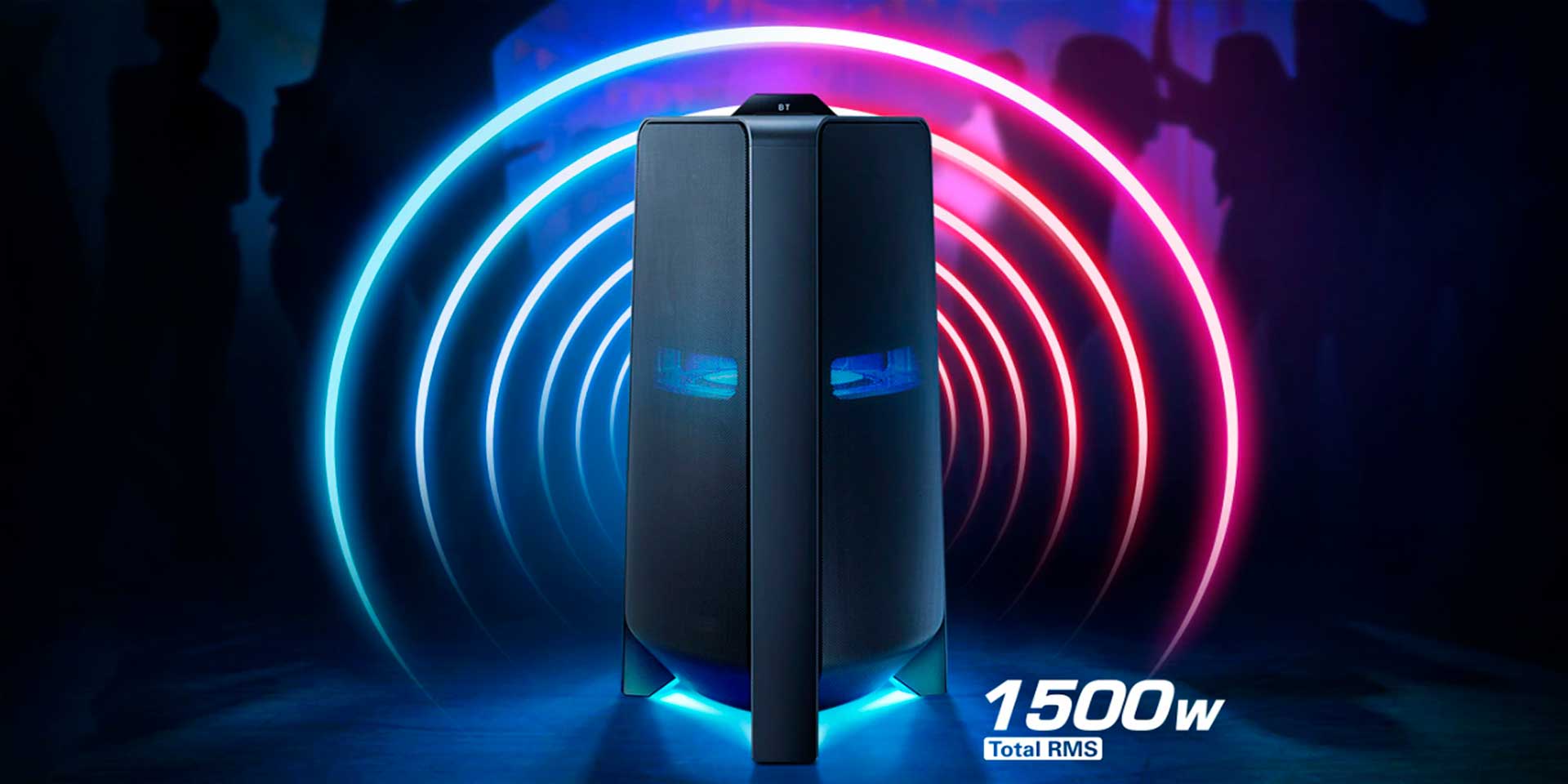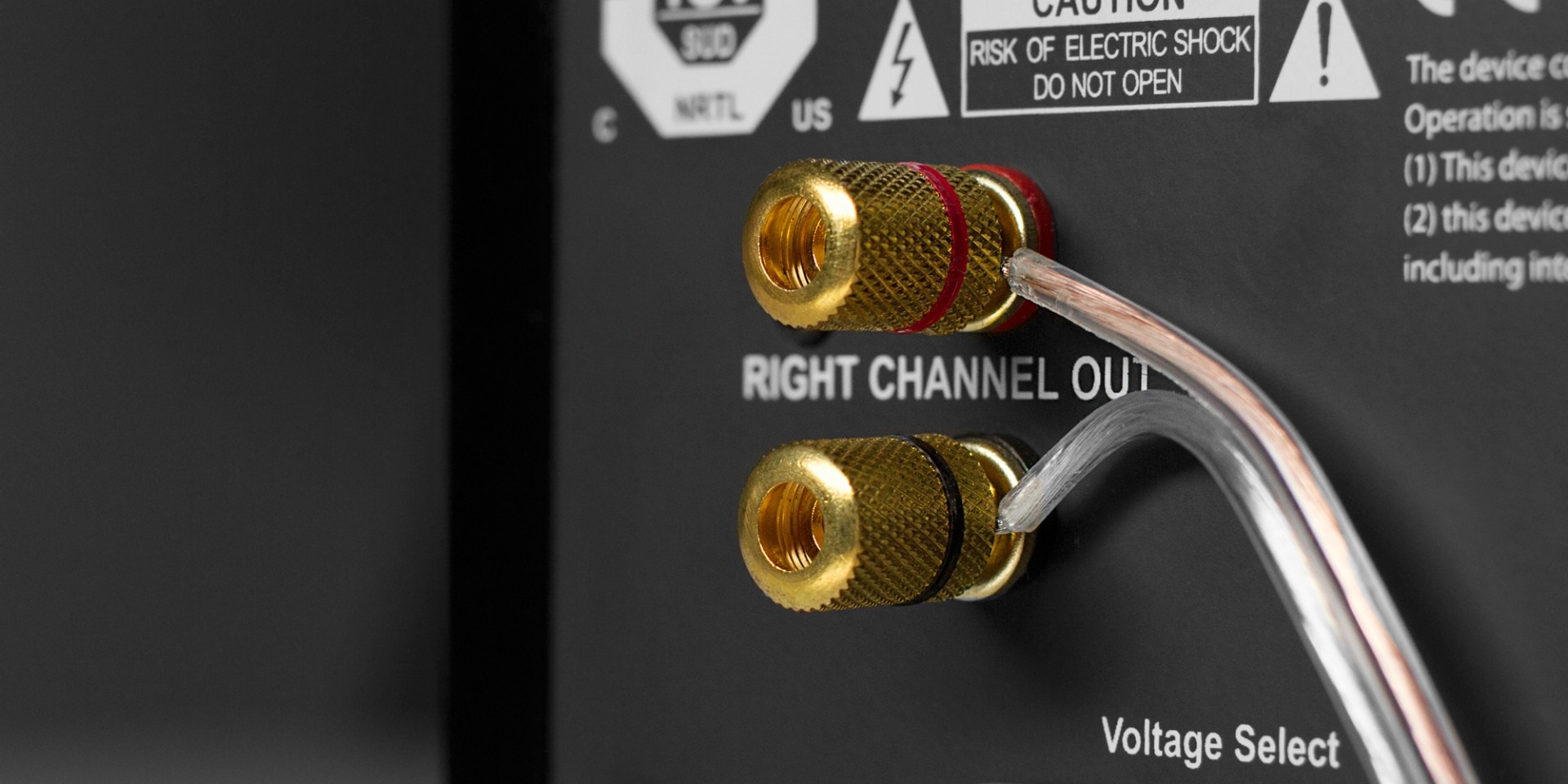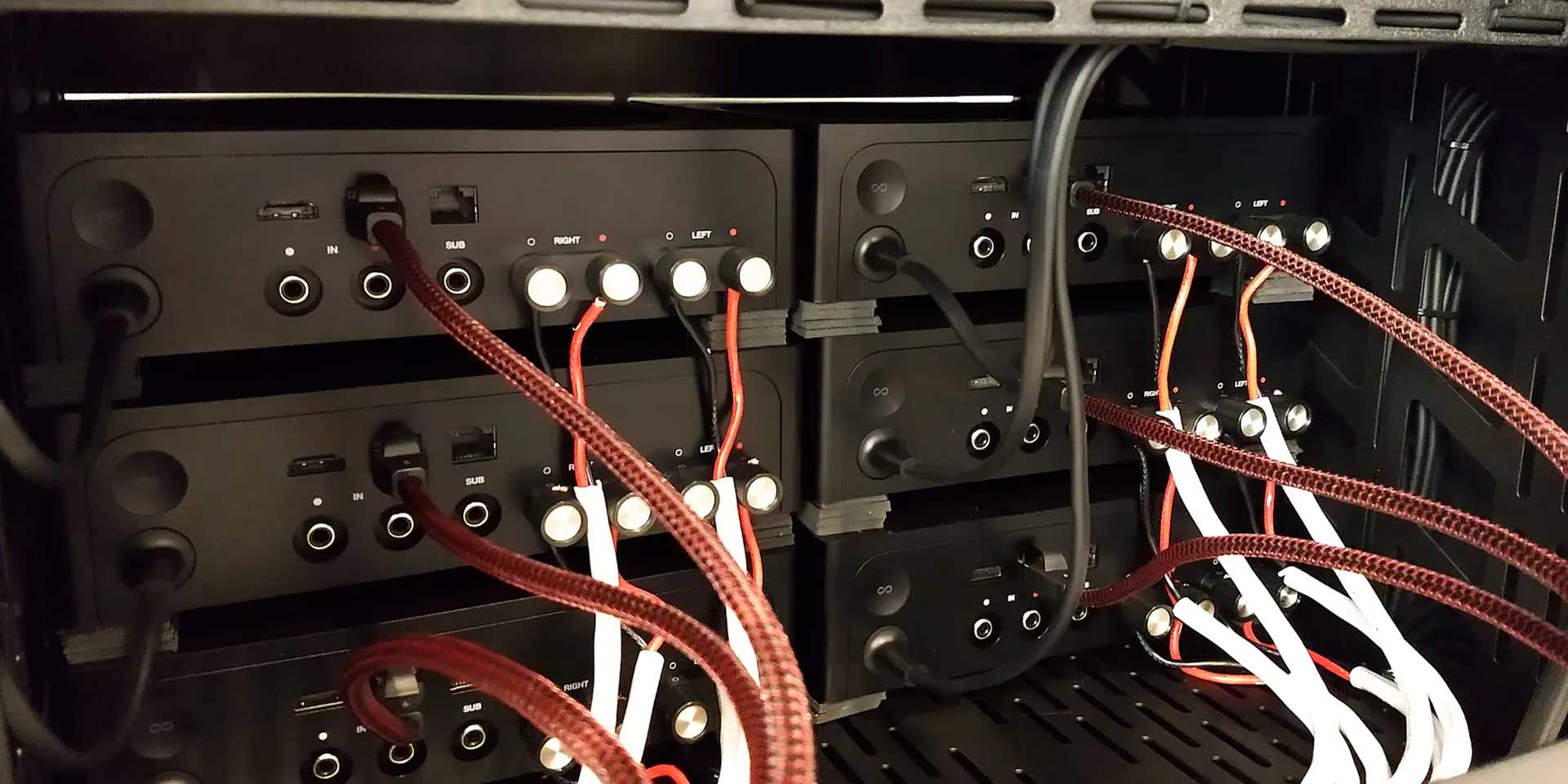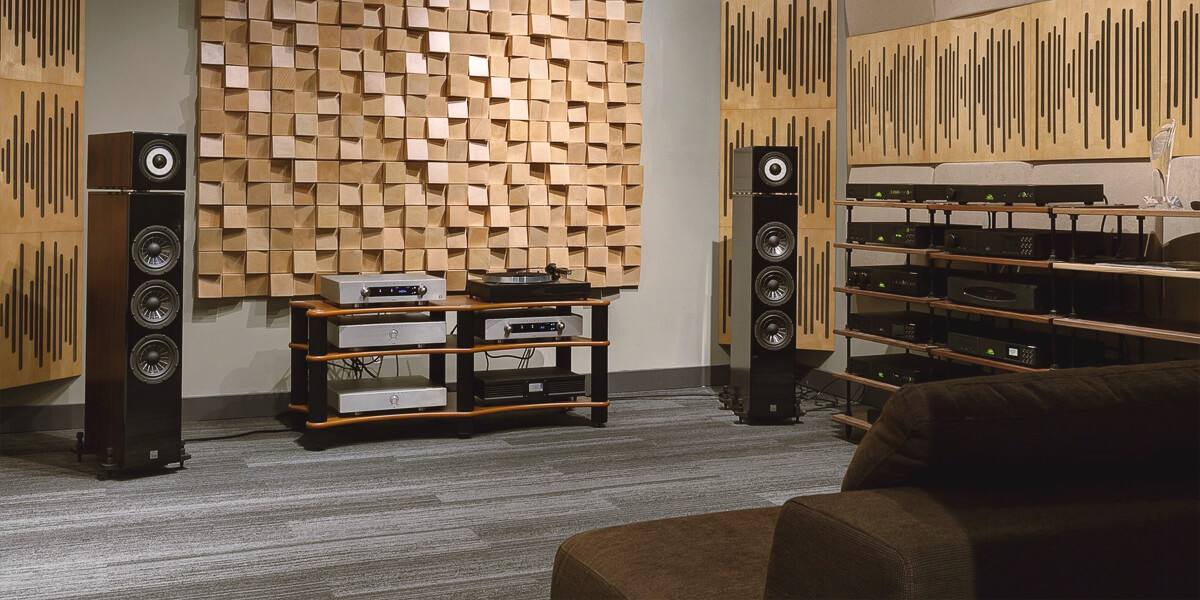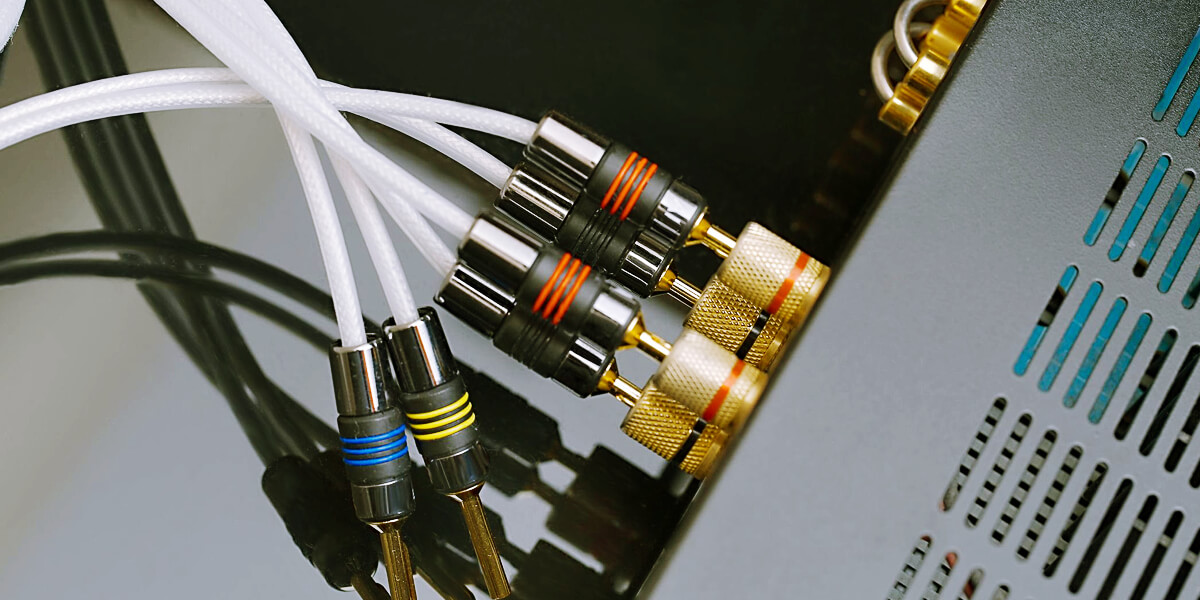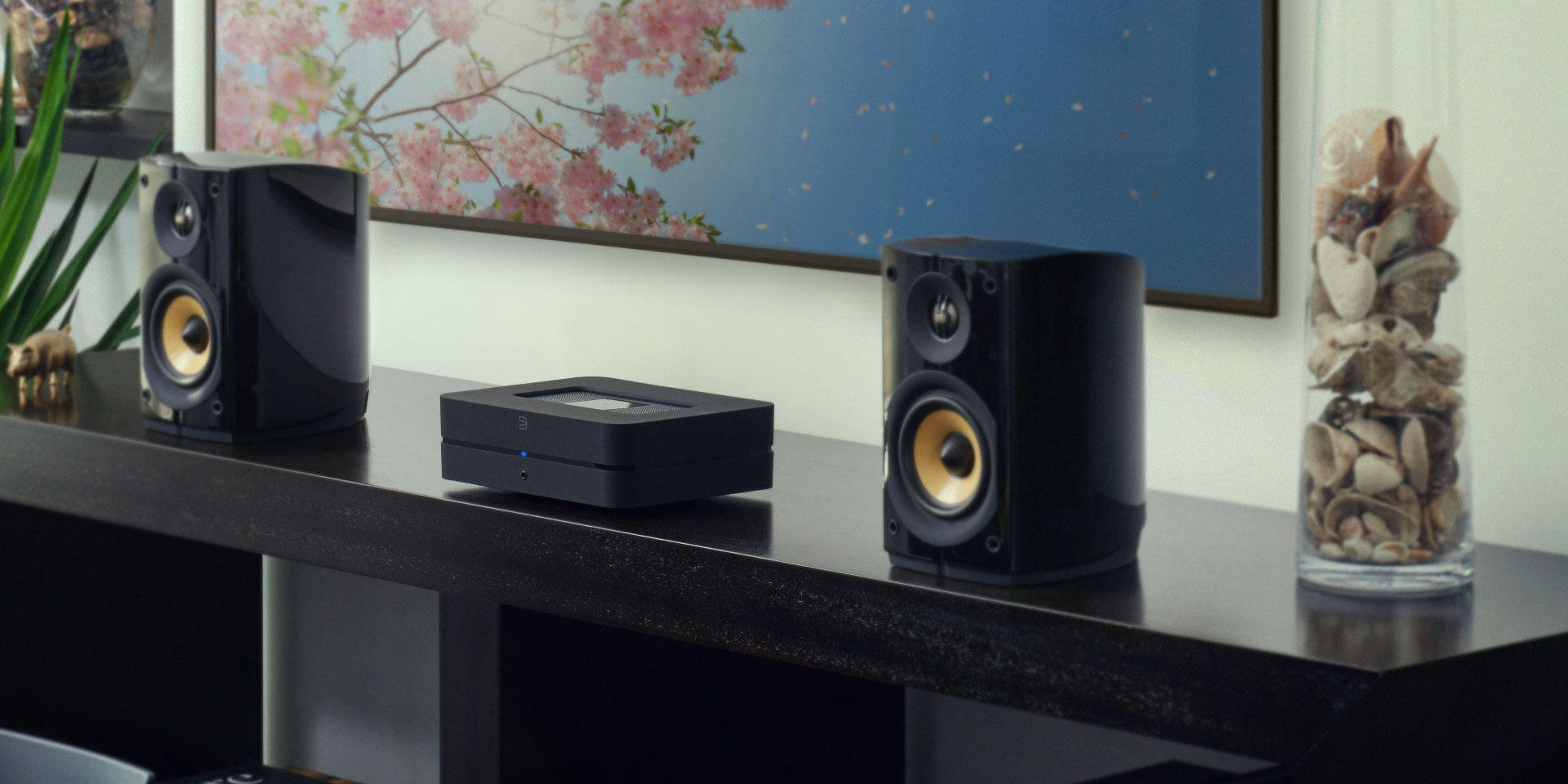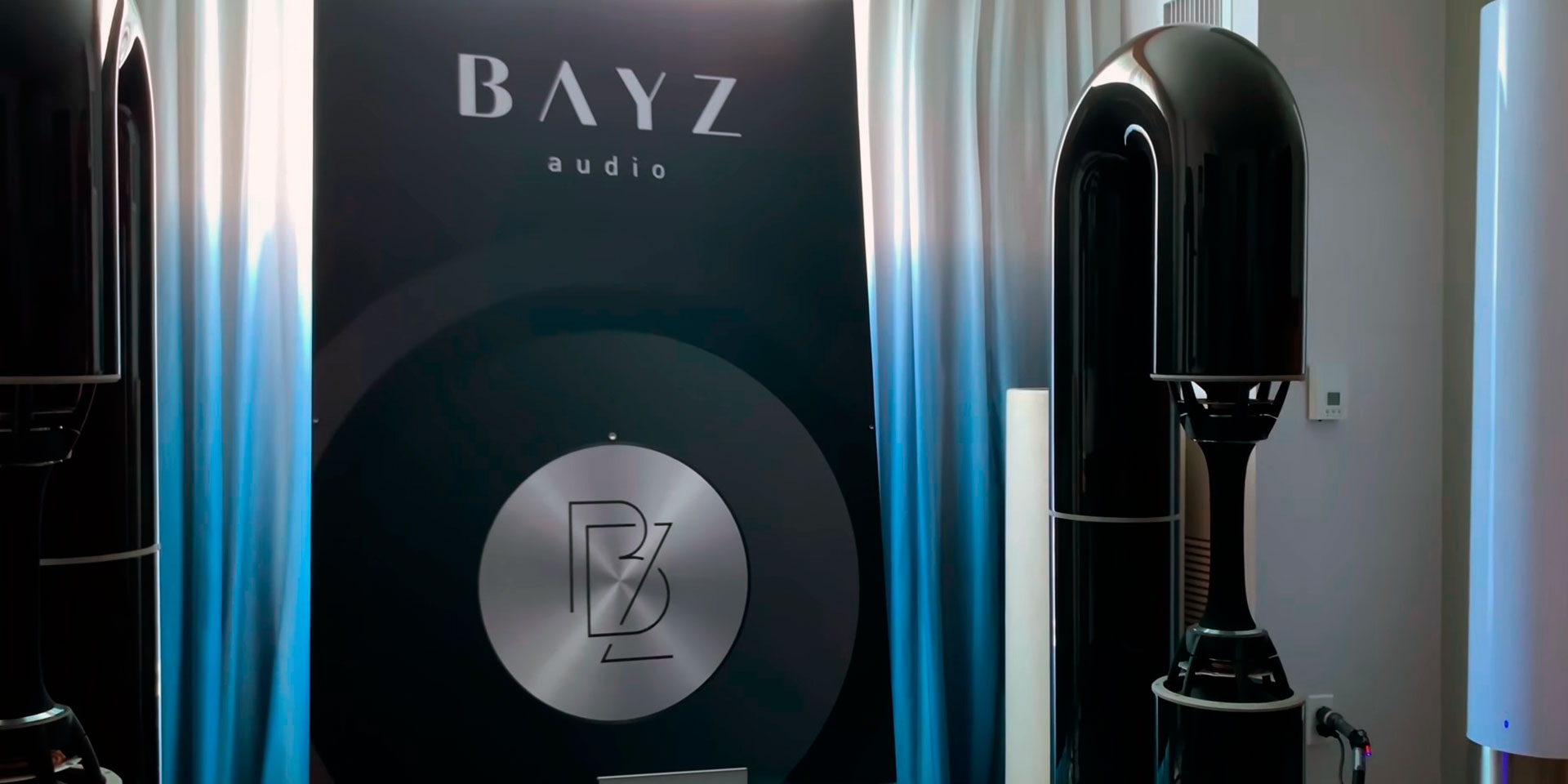The splice speaker wire technique is employed in various scenarios, ranging from customizing audio setups to extending speaker cables for optimal placement.
Audio speakers
We offer advice on all types of audio equipment, from tiny USB to high-end audiophile speakers and everything in between. Whether you’re buying your first pair of speakers for a music system, replacing old low-cost speakers, or spending a little more for a better set of headphones, we’ve got you covered.
Speaker And Amplifier Matching Guide
Achieving the optimal match between speakers and AV receivers is the key to a high-fidelity listening experience. The successful matching of all the components will define the overall sound quality, ensure optimal performance, and safeguard the longevity of your audio system. Today, my goal is to navigate you through the equipment specifications as well as …
Should Amplifier Be More Powerful Than Speakers?
Achieving an optimal audio experience hinges on the delicate balance between an amplifier’s power output and a speaker’s power handling capabilities. Understanding the importance of their matching will show you the full potential of your sound setup.
Which Is Better 4 ohms Or 8 ohms Speakers?
Sooner or later, every music fan or just a music listener faces one unusual “confrontation” when choosing speakers: 4 Ohm VS 8 Ohm speakers.
How Loud Should Speakers Be For A Party?
When you’re throwing a party, the music is one of the most important things. You want to make sure that everyone can hear the music, but you don’t want it to be so loud that people can’t have a conversation.
What Happens If Speakers Are Wired Backwards?
In this article, we will discuss how to wire a speaker backward. This is not a trivial topic and requires some skill. If you connect speakers the wrong way, it will not work properly: the sound will be muffled and not as loud as it should be.
Can I Use 2 Amplifiers On The Same Speaker Set?
The not-so-common but interesting and important question of connecting 2 amplifiers to one set of speakers needs some clarification. So, in this article, I will tell you why you might want to do this, what is gained by using the same speakers with two amps, and the methods you can use to accomplish this process.
6 Ohms vs 8 Ohms Speakers Explained
Well, you are really interested in building a quality system, so you are wondering about choosing 8-ohm vs 6-ohm speakers. Let me tell you right away that you shouldn’t think higher or lower ohms are better speakers.
How To Connect Speakers With Speaker Wire
Don’t know how to connect a speaker wire to your audio system? Then our guide is definitely what you need. It is not the most exciting procedure to connect speaker wire, but setting up an audio system is necessary. It may seem too complicated to some, but everything will become much easier if you understand the nuances.
Where Should I Put My Speakers For Surround Sound?
Once you have chosen an amplifier and speakers, you should consider the correct placement of your home audio system for the desired result.
TOP 5 most expensive speakers and why they are so expensive
High-End audio systems are a special phenomenon in the world of music, where the creative ingenuity of engineers and designers is fully manifested, and creating truly unique things.

